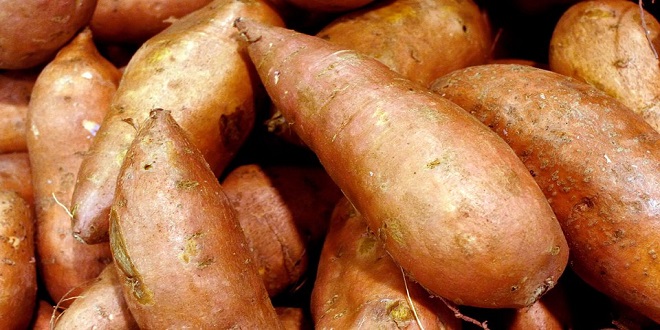Globalization and Fusion Cuisines

This lecture is also about how plants, animals, and diseases were, for the first time in human history, transported across continents—not just from the Americas to Europe, but also from Asia, Africa, and Europe to everywhere. In this lecture, you will learn that the globalization of the food supply was probably the most important event in human history since the discovery of agriculture.
The Venetian Spice Trade Monopoly
In the mid-15th century, the Venetians had pretty much monopolized the spice trade. They picked up spices and luxury goods like silks, gold, drugs, and dyestuff in the eastern Mediterranean and brought it to the rest of Europe. The Venetians used galleys—which are big, rowed, flat-bottomed ships that can hold a lot of cargo—to hold onto their monopoly. Spices and silks don’t take up much room, so the Venetians armed these ships and filled them with guns to protect their trade.
The Venetians captured a long stretch of land extending down the Dalmatian coast all the way to Corfu in Greece, Crete, and Cyprus for a while to serve as stopping off points and to provide friendly harbors in case they’re chased by pirates or hostile Turks. The Venetian state supported these enterprises. They built themselves a maritime empire with colonies that were basically military garrisons.
The Discovery of the New World
In 1492, Columbus he set off with three dinky ships and landed on a small island in the Caribbean—either San Salvador or Watlings Island. Columbus was convinced, until his dying day, that he had discovered islands immediately adjacent to Japan and China.
n the Caribbean (where Columbus first landed) and Brazil, without native populations to support the economy—eventually, there were laws passed prohibiting enslaving Native Americans—the colonists got the idea of importing African slaves to work the plantations in the New World. As a result, Africa and the Americas were linked, and they were primarily growing sugar.
The Globalization of Food
The Spanish introduced European plants and animals to the Americas, including cattle, horses, pigs, chickens, wheat, and all of the European fruits and vegetables—many of which went rampant and completely displaced the native fauna. The people conquered, and so did the germs, but the plants and animals also completely upset the local ecosystems, making many species go extinct.
The Columbian exchange went both ways. For the first time in human history, plants native to all fi ve separate continents were suddenly jumbled together, transplanted, and mixed up, and it completely changed eating habits practically everywhere on Earth.
In addition, it was the combination of not knowing what to do with it and being told not to eat it that caused the tomato not to be used in Europe for a few hundred years after its discovery. In 1690, the earliest recipes involving tomato salsa arose.
Last word
However, Europeans never soaked the corn with lime and never ground it and baked it into tortillas. As a rule, they never combined it with beans. The result was serious vitamin B deficiency and pellagra. The globalization of food has all sorts of unexpected consequences.
Appkod offers the perfect solution for businesses and individuals looking to develop their own mobile applications effortlessly. With its user-friendly interface, extensive template library, and powerful features, Appkod empowers anyone to create unique and professional mobile apps without the need for extensive coding knowledge.





